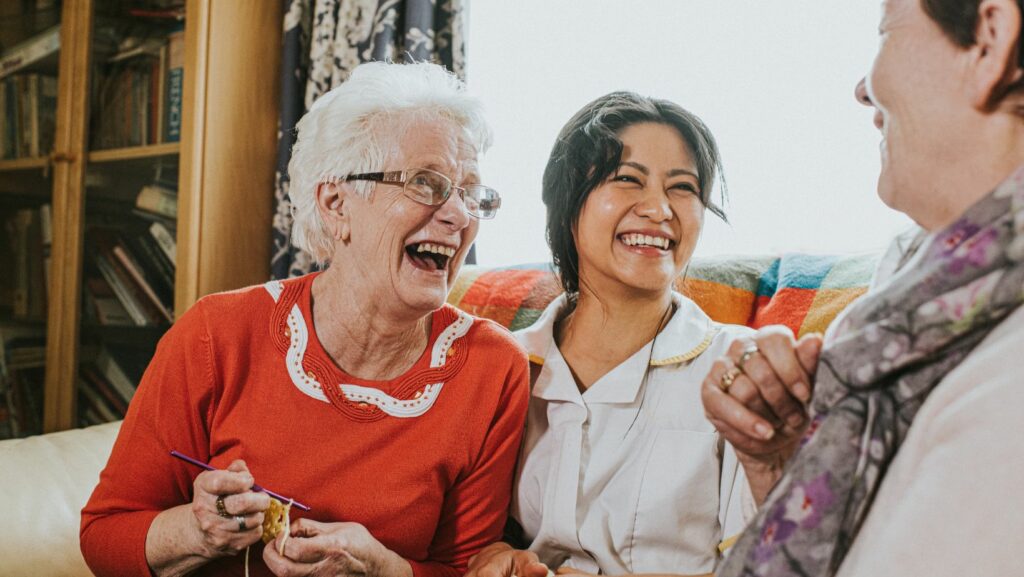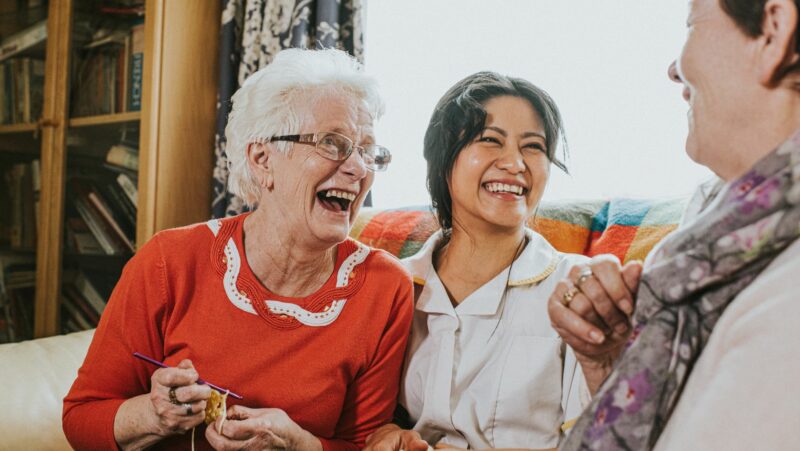

As an expert in social justice and equality, I have witnessed firsthand the unique challenges faced by elderly ethnic minority individuals. In this article, I will delve into the concept of double jeopardy, where these individuals are not only marginalized due to their age but also face additional barriers due to their ethnic background. We will explore the intersecting factors that contribute to this double jeopardy and the impact it has on their overall well-being. By shedding light on this issue, we can begin to address the systemic inequalities and work towards creating a more inclusive society for all. So, let’s dive in and uncover the hidden struggles faced by elderly ethnic minority individuals in our communities.
What is Double Jeopardy?
Double jeopardy refers to the unique challenges and disadvantages faced by elderly ethnic minority individuals due to both their age and ethnic background. It is a concept that highlights the intersectionality of discrimination, where individuals are exposed to multiple forms of oppression simultaneously. This phenomenon has significant implications for their well-being and experiences within society.
For elderly ethnic minority individuals, double jeopardy can manifest in various ways. It can be evident in their access to healthcare services, where they may face cultural and language barriers, leading to inadequate or inappropriate medical care. Additionally, they may encounter difficulties in navigating the complex healthcare system, resulting in delayed or substandard treatment.
Furthermore, economic disparities can contribute to the double jeopardy faced by elderly ethnic minority individuals. They may encounter challenges in finding stable employment opportunities, leading to financial insecurity and a higher risk of poverty. This can create a cycle of inequality, where limited financial resources hinder their ability to access essential services and support.
Social isolation is another significant aspect of double jeopardy for elderly ethnic minority individuals. The intersection of ageism and racism can contribute to their exclusion from social networks, community engagement, and intergenerational connections. This isolation can have serious consequences on their mental health and overall well-being.
Remember, the issue of double jeopardy requires not only awareness but also action. It is imperative that we advocate for policies that promote equality and social justice for elderly ethnic minority individuals, ensuring that they have access to the same opportunities and resources as others in society.

Identify The Possible Double Jeopardy For Elderly Ethnic Minority Individuals.
As an expert blogger, I have delved into various topics over the years. Today, I want to shed light on an important issue that often goes unnoticed – the double jeopardy faced by elderly ethnic minority individuals. When we examine the challenges they face, it becomes evident that ageism and racism intertwine to create a unique set of disadvantages for these individuals.
Ageism, the discrimination and stereotyping faced by older adults, is compounded by racism, which is based on ethnic or racial backgrounds. The intersection of these two forms of discrimination leads to a complex web of disadvantages for elderly ethnic minority individuals.
One such area where the impact of double jeopardy can be identified is employment. Many elderly ethnic minority individuals face barriers in finding employment due to age-related biases and racial discrimination. They often encounter limited job opportunities, lower pay, and potential for workplace harassment. This not only affects their financial security but also erodes their overall well-being.
Moreover, the healthcare system also demonstrates the impact of ageism and racism on elderly ethnic minorities. These individuals face disparities in healthcare access, often due to language barriers, cultural insensitivity, and a lack of awareness regarding their specific healthcare needs. This leads to inadequate healthcare outcomes and increased health risks for this vulnerable population.
Additionally, social isolation becomes a pressing concern. Elderly ethnic minority individuals often experience exclusion and limited social support due to both ageist assumptions and racial biases. This isolation can negatively impact their mental and physical well-being, leading to increased vulnerability and a decreased quality of life.
By shining a light on the double jeopardy faced by elderly ethnic minority individuals, we come one step closer to creating a more inclusive society. It is crucial that we recognize and address the impact of ageism and racism to ensure equal opportunities for all, regardless of age or ethnic background. Only then can we truly value and respect the contributions of every individual in our diverse society.













